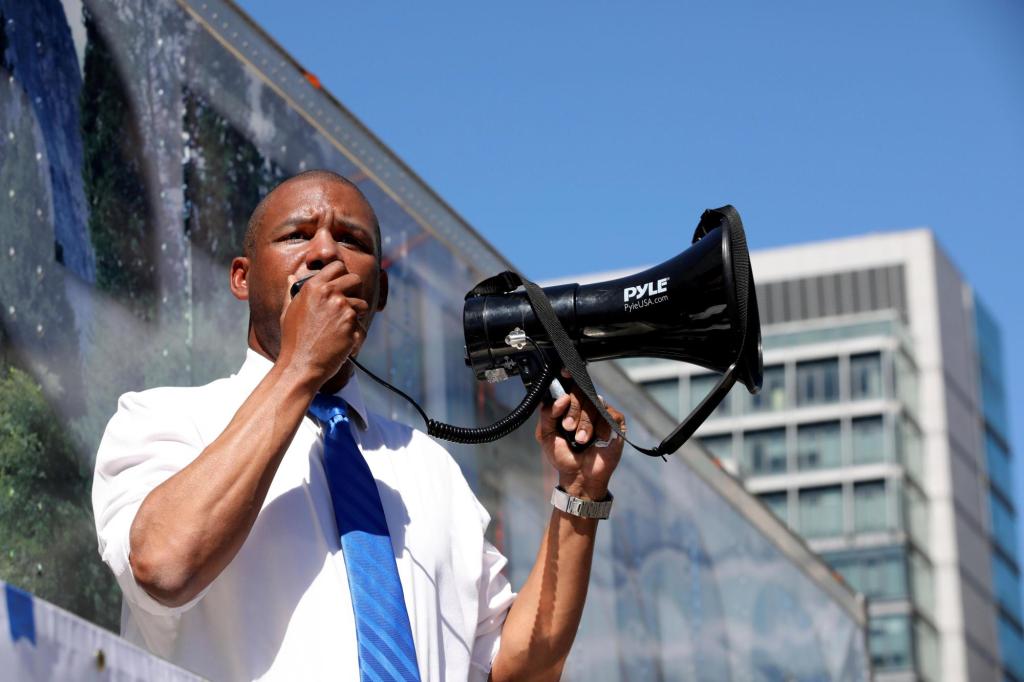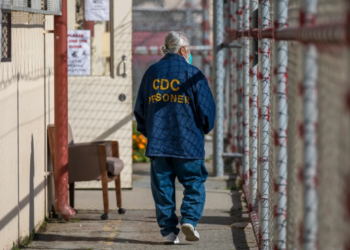By JANIE HAR
SAN FRANCISCO — Payments of $5 million to every eligible Black adult, the elimination of personal debt and tax burdens, guaranteed annual incomes of at least $97,000 for 250 years and homes in San Francisco for just $1 a family.
These are just some of the recommendations made by a city-appointed reparations committee tasked with a thorny question: What would it take to atone for the centuries of U.S. slavery and generations of systemic racism that continue to keep Black Americans on the bottom rungs of health, education and economic prosperity, and overrepresented in prisons and homeless populations?
A first hearing before the city’s Board of Supervisors on Tuesday could offer a glimpse of the board’s appetite for advancing a reparations plan that would be unmatched nationwide in specificity and breadth. Critics have slammed it as financially and politically impossible. One conservative analyst estimated that each non-Black family in the city would have to pay at least $600,000.
RELATED: California weighs $360,000 in reparations to eligible Black residents
Some supervisors have said San Francisco can’t afford any major reparations payments right now, given the city’s deep deficit amid a tech industry downturn, but they still want to discuss the proposals and consider future solutions. The board can vote to change, adopt or reject any or all the recommendations.
But reparations committee members consider their results to be an accurate estimate of what it would take to begin to repair the enduring damage of slavery and discrimination, and they bristle at the idea that they should figure out how to pay for it.
“We are the harmed,” said Eric McDonnell, chair of San Francisco’s African American Reparations Advisory Committee. “If the judge ruled in our favor, the judge would not turn to us and say, ‘Help them figure out how to make this work.’”
RELATED: City National Bank to pay $31M redlining settlement, largest in US…
Read the full article here







